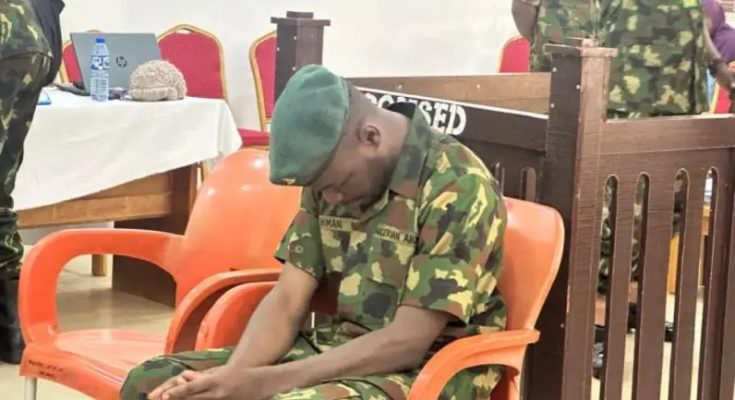The embattled former Governor of Kogi State, Alhaji Yahaya Bello has explained why he has not appeared in court over corruption allegations levelled against him by the Economic Financial and Crimes Commission, EFCC.
DAILY GIST reports the anti-graft agency had filed a 19-count charge before the Federal High Court in Abuja against the former governor.
Bello spoke through a team of his lawyers who addressed the court on his behalf on Tuesday.
A member of his legal team, Mr. Adeola Adedipe, SAN, told the court that his client would have made himself available for the proceedings, but was afraid that he would be arrested.
He argued that section 12 of the 1999 Constitution, as amended, required the various Houses of Assembly of states to ratify the Act before it could become operative.
“This is a very serious matter that borders on the constitution and the tenets of federalism. It has to be resolved because as it stands, the EFCC is an illegal organization,” Bello’s lawyer added.
However, EFCC’s lawyer, Mr. Kemi Pinheiro, SAN, urged the court to refuse the application, insisting that the warrant of arrest should not be set aside until the defendant makes himself available for his trial.
The defendant cannot stay in hiding and be filing numerous applications. He cannot ask for the arrest order to be vacated until and when the defendant is present in court for his arraignment. He cannot be heard on that applied application.
The main issue should be ascertaining the whereabouts of the defendant. All these applications he is filing are nothing but dilatory tactics intended to delay his arraignment and frustrate the proceedings.
“If he wants the order of arrest to be discharged, let him come here and make the application.
“Our position is that the defendant should be denied the right of being heard, until he is physically present before this court.”
EFCC’s lawyer further argued that inline with section 396 of ACJA, 2015, the court could not effectively assume jurisdiction to decide any application or objection in the matter, until the defendant is arraigned.
The anti-graft agency said it would not execute the arrest warrant if counsel to the defendant undertake to ensure his presence on the next adjourned date.









